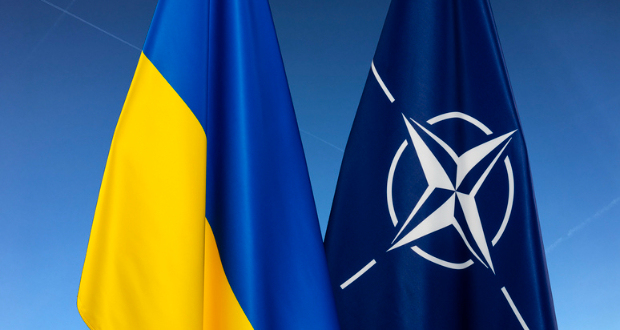The three-day summit, which begins Tuesday, will focus on ways to reassure Ukraine of NATO’s enduring support and offer some hope to its war-weary citizens that their country might survive the biggest land conflict in Europe in decades.
Much of what NATO can do for Ukraine, and indeed for global security, is misunderstood. Often the alliance is thought of as the sum of all U.S. relations with its European partners, from imposing sanctions and other costs on Russia to sending arms and ammunition.
But as an organization, its brief is limited to the defense by military means of its 32 member countries — the sacred Three Musketeers-like vow of all for one, one for all — and a commitment to help keep the peace in Europe and North America.
That also means not being dragged into a wider war with nuclear-armed Russia. Here’s a look at NATO and how it’s aiding Ukraine:
What is NATO?
Founded in 1949, the North Atlantic Treaty Organization was formed by 12 nations to counter the threat to European security posed by the Soviet Union during the Cold War. Dealing with Moscow is in its DNA.
NATO’s ranks have grown since the Washington Treaty was signed 75 years ago — to 32 countries after Sweden joined this year, worried by an increasingly aggressive Russia.
NATO’s collective security guarantee — Article 5 of the treaty — underpins its credibility. It’s a political commitment by all member countries to come to the aid of any member whose sovereignty or territory might be under attack. Ukraine would meet those criteria, but it is only a partner, not a member.
NATO’s doors are open to any European country that wants to join and can meet the requirements and obligations. Importantly, NATO takes its decisions by consensus, so every member has a veto.




